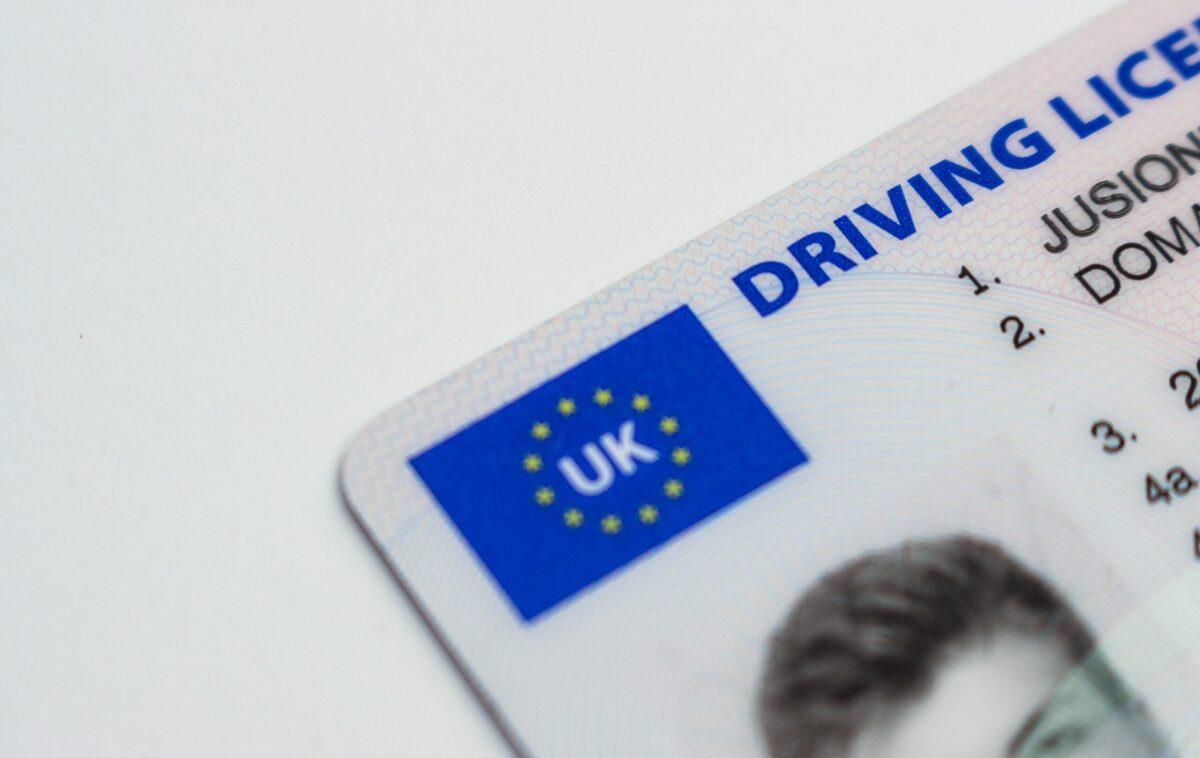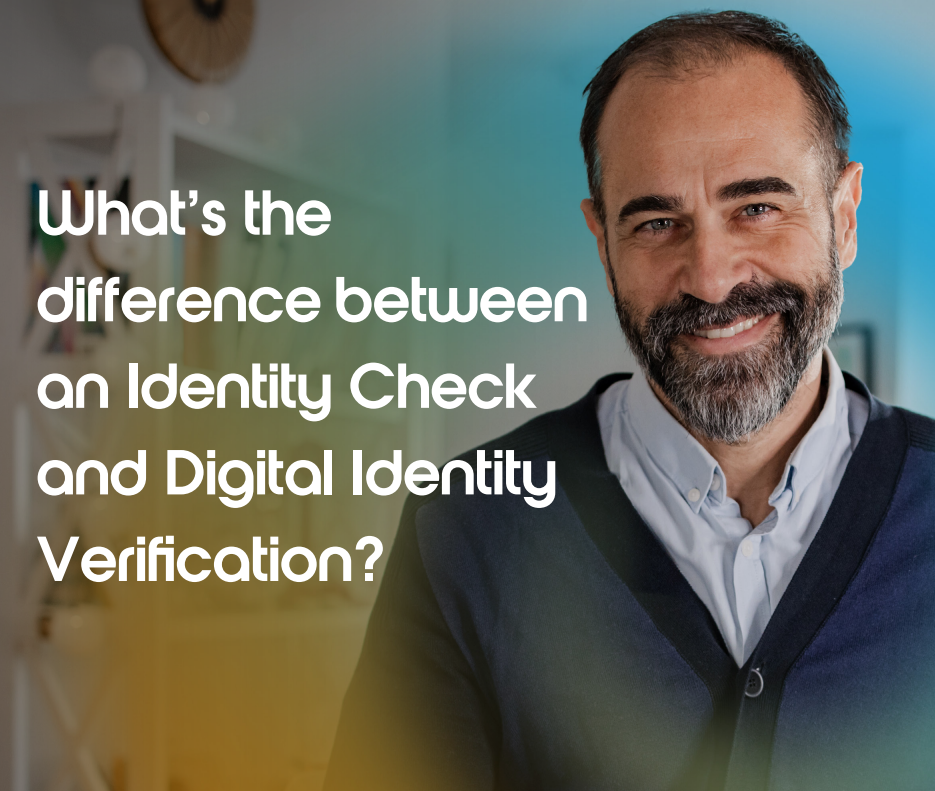DBS Checks and other pre-employment checks can be incredibly useful for recruitment agencies. Some checks are a requirement for certain jobs, while others provide extra reassurance that you’re hiring the right people for the job.
But which checks are right for which candidates? Here’s our roundup of all the pre-employment checks in recruitment, outlining the differences between them and when you might use them.
Standard and Enhanced DBS Checks
Standard and Enhanced DBS Checks are designed to prevent unsuitable candidates from working with vulnerable people.
There are specific eligibility requirements for Standard and Enhanced DBS Checks. It’s unlawful to request a check for somebody who doesn’t meet these requirements.
A Standard DBS Check will reveal any spent or unspent convictions, cautions, reprimands or warnings the applicant has.
An Enhanced DBS Check will reveal the same information as a Standard Check, as well as any other relevant information held by local police. It may also include a check of the children’s and/or adults’ barred list, if the candidate is eligible.
As a general rule, a candidate is likely to be eligible for a Standard or Enhanced DBS Check if their role involves working with children and/or vulnerable adults. For more details, see the DBS eligibility guidance.
Basic DBS Checks
If a candidate isn’t eligible for a Standard or Enhanced DBS Check, it is still possible for them to have a criminal record check.
Basic DBS Checks don’t have any eligibility requirements – anyone aged 16 or over can have one.
A Basic Check will reveal any unspent convictions the applicant has, and is a great way to gain an extra level of confidence in your candidates.
Right to Work Checks
Right to Work Checks are one of the most essential pre-employment checks in recruitment.
Right to Work Checks enable recruitment agencies to verify that their candidates have the right to work in the UK.
All employers are legally required to carry out a Right to Work Check before hiring someone to make sure the candidate is allowed to do the work in question.
A Right to Work Check involves checking the applicable documents – a passport or visa, for example – to ascertain the candidate’s right to work in the UK.
DVLA Checks
If you’re employing people in roles for which they’ll be driving, it’s vital to carry out DVLA Checks on them to make sure they’re appropriately licensed.
DVLA Checks enable employers to check candidates’ driving licence details online. A DVLA Check will show the candidate’s licence validity, the expiry date of their licence, what sort of vehicles they’re licensed to drive and any offences or penalty points they’ve incurred.
You should carry out a DVLA Check on any person you’re employing to drive, or who will drive in the course of their duties – even if it’s not the main part of their job.
Identity Checks
Identity Checks are a type of electronic check that verifies a person’s identity by checking their personal information against a number of secure databases.
Identity Checks can help protect a company from fraud, and give you peace of mind that the people you’re representing are who they say they are.
They’re particularly useful for recruitment agencies that carry out a number of pre-employment checks, as an identity check will verify the information submitted for any other checks and help to ensure the correct results.
Adverse Credit Checks
An Adverse Credit Check will reveal any serious adverse credit history the applicant has, including individual voluntary arrangements (IVAs), county court judgements (CCJs) and bankruptcy.
Adverse Credit Checks are especially useful for candidates who will have access to cash, accounts or valuables, helping to ease worries over staff fraud or dishonesty.
Pre-employment Checks in Recruitment
We hope our guide to pre-employment checks in recruitment has given you a good idea of the checks available to your recruitment agency.
Our online HR Platform offers all these checks via one easy-to-use system. Register with us today or get in touch to find out more.







